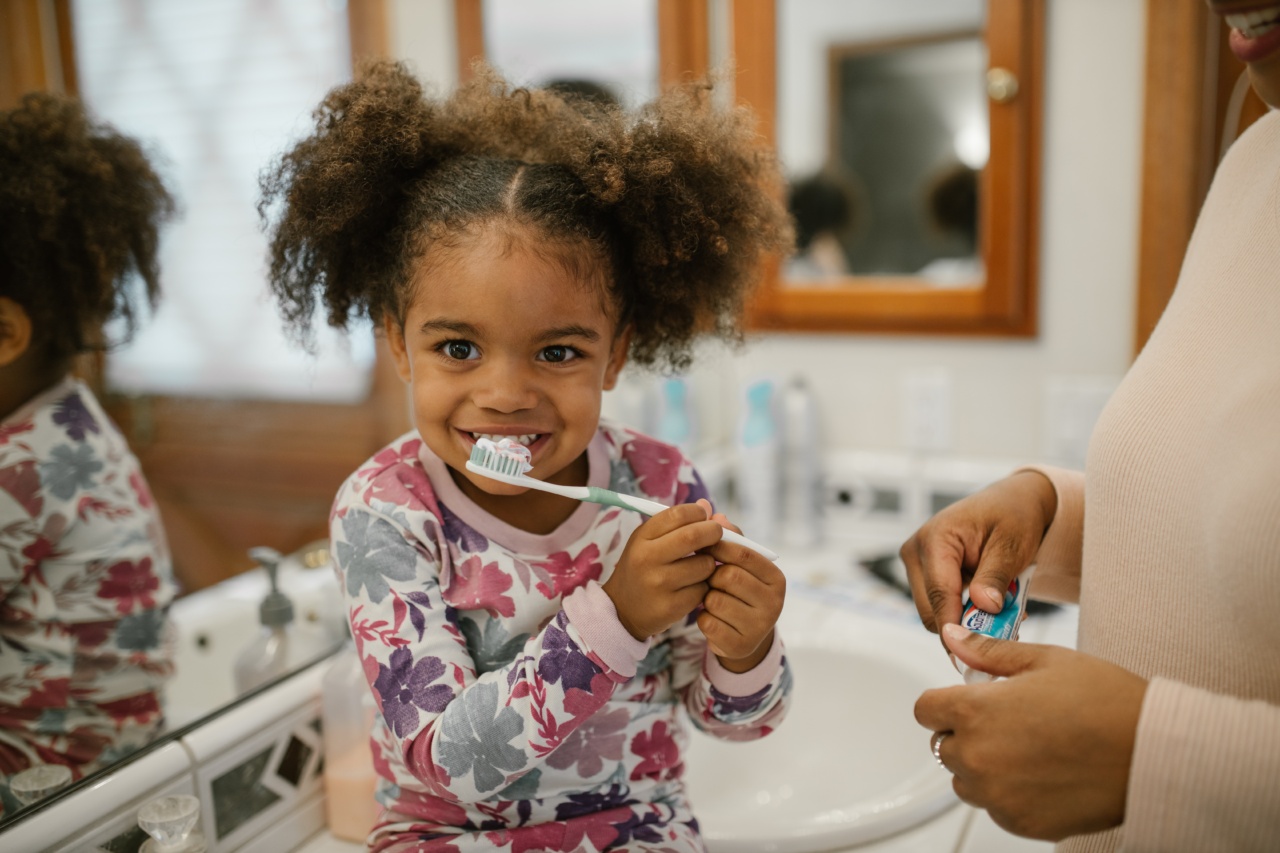Good oral hygiene habits are essential for children’s overall health.
Keeping your child’s teeth clean and healthy is not only important for preventing tooth decay, but it also helps prevent other health problems later in life, such as gum disease and heart disease. As a parent, it’s your duty to ensure that your children’s teeth are clean and healthy from a very young age. But are you sure you’re brushing your child’s teeth correctly? Read on to find out.
When Should You Start Brushing Your Child’s Teeth?
The American Dental Association recommends that parents start brushing their children’s teeth as soon as their first tooth appears, usually around six months of age.
Parents should use a soft-bristled brush and water only until the child is two years old.
How Often Should You Brush Your Child’s Teeth?
As a general rule, parents should brush their child’s teeth at least twice a day – once in the morning and once at night before bed. Brushing after meals is also recommended.
Parents should supervise their child’s brushing until they are at least seven years old to ensure that they are doing it correctly.
How Long Should You Brush Your Child’s Teeth?
Parents should brush their children’s teeth for at least two minutes each time, ensuring that all surfaces of the teeth are cleaned, including the front, back, and chewing surfaces.
Parents can use a timer or a favorite song to make it more fun for their children.
What Kind of Toothbrush Should You Use?
The toothbrush that you use for your child should have soft bristles. Hard bristles can damage the enamel on the teeth and irritate the gums.
When choosing a toothbrush, look for one that is specifically designed for children with a small head and a large handle for easy grip.
What Kind of Toothpaste Should You Use?
The type of toothpaste that you use for your child is also very important. Parents should use toothpaste that contains fluoride, which helps prevent tooth decay and strengthen the enamel on the teeth.
Young children should use a small pea-sized amount of toothpaste, and parents should make sure that their child spits it out after brushing.
How Should You Brush Your Child’s Teeth?
Brushing your child’s teeth can be a challenging task, especially if your child is not willing to cooperate. Here are some tips on how to brush your child’s teeth correctly:.
- Stand behind your child and tilt their head back slightly
- Using a small amount of toothpaste, brush the front teeth first, from top to bottom, using circular motions
- Brush the back teeth next, from top to bottom, using circular motions
- Brush the chewing surfaces using circular motions
- Make sure to brush the tongue as well, to remove any bacteria
- Encourage your child to spit out the toothpaste and rinse their mouth with water
What Are Some Common Mistakes That Parents Make When Brushing Their Child’s Teeth?
Even the most well-intentioned parents can make mistakes when it comes to brushing their children’s teeth. Here are some common mistakes to avoid:.
- Not brushing for long enough
- Not brushing all surfaces of the teeth (front, back, chewing surfaces)
- Using too much toothpaste
- Not supervising their child’s brushing habits
- Not replacing the toothbrush often enough
- Not encouraging their child to spit out the toothpaste
- Not rinsing their child’s mouth with water after brushing
What Can You Do to Make Brushing More Fun for Your Child?
Brushing your child’s teeth can be a fun and enjoyable experience if you make it so. Here are some tips on how to make brushing more fun for your child:.
- Let your child choose their own toothbrush and toothpaste
- Brush your teeth together as a family
- Sing a song or play a game while brushing
- Offer praise and encouragement
- Use a sticker chart to track your child’s progress
- Read books about brushing and oral hygiene
- Take your child to the dentist regularly for checkups
Conclusion
Good oral hygiene habits are essential for children’s overall health. As a parent, it’s your duty to ensure that your child’s teeth are clean and healthy from a very young age.
By following the tips outlined in this article, you can help keep your child’s teeth healthy and prevent tooth decay. Remember to brush your child’s teeth at least twice a day, supervise their brushing until they are seven years old, and make brushing fun and enjoyable for your child.





























